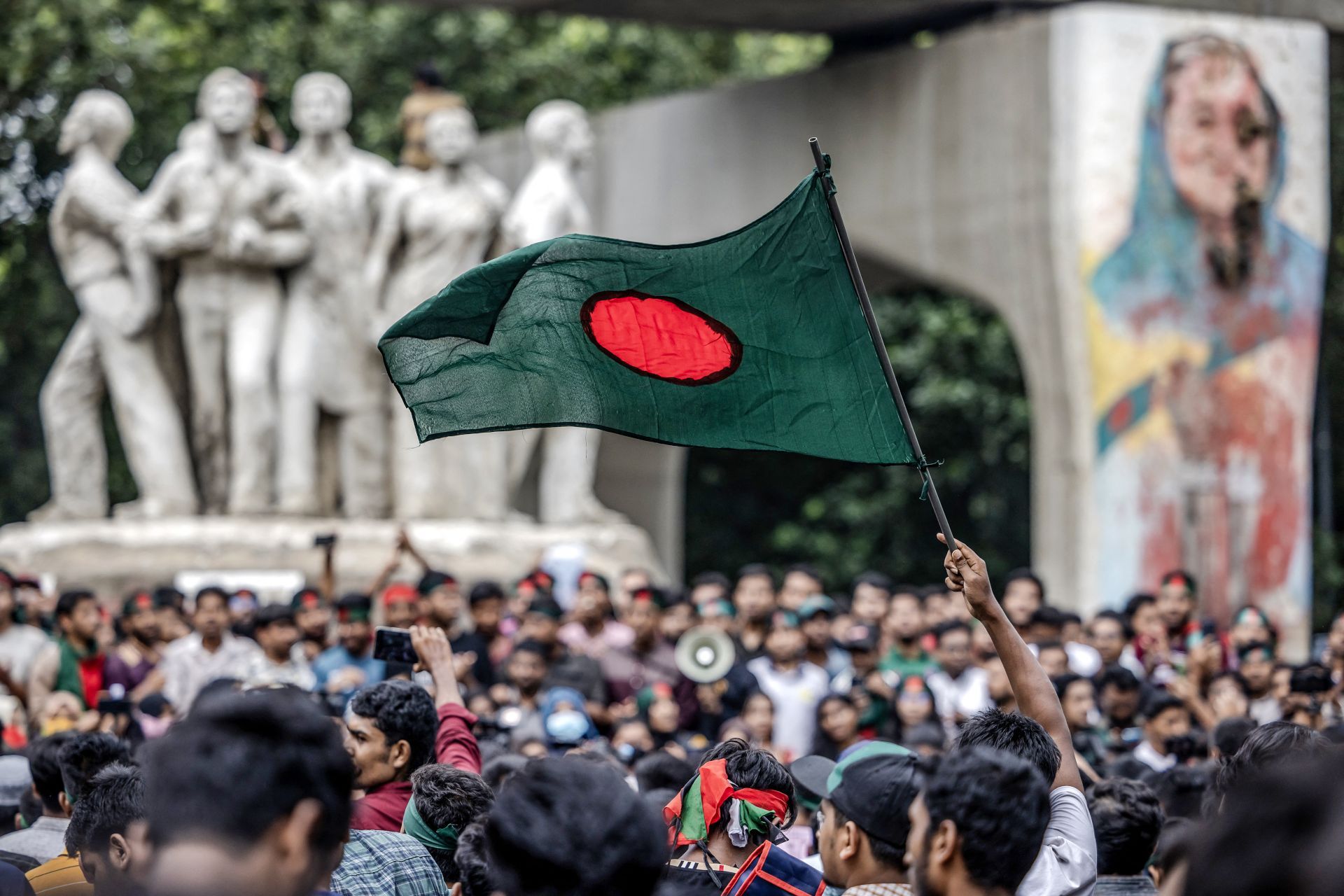Bangladesh’s July Revolution: A Youth-Driven Paradigm Shift in Nation-Building
The July Revolution of 2024 represents a critical point in the political history of Bangladesh, being referred to by many as the nation’s “second independence.” Unlike previous movements primarily initiated by traditional political factions, this revolution was driven by the youth, particularly student activists who mobilized a nationwide movement opposing the government. The uprising, which originated from the Anti-Discrimination Students’ Movement, ultimately resulted in the fall of Sheikh Hasina’s 15-year authoritarian rule, thereby facilitating the establishment of an interim government focused on democratic renewal and institutional reforms. In this analysis report, Abdullah al-Mamun examines the fundamental causes of the revolution, highlighting the deterioration of democratic principles, pervasive corruption, and widespread human rights violations that reinforce public dissatisfaction. Furthermore, he investigates the evolution of the movement—from its inception as a protest against discriminatory policies to its development into a comprehensive demand for regime change. The author also discusses the involvement of international actors, the reactions of regional powers, and the broader implications of Bangladesh’s changing political landscape..




